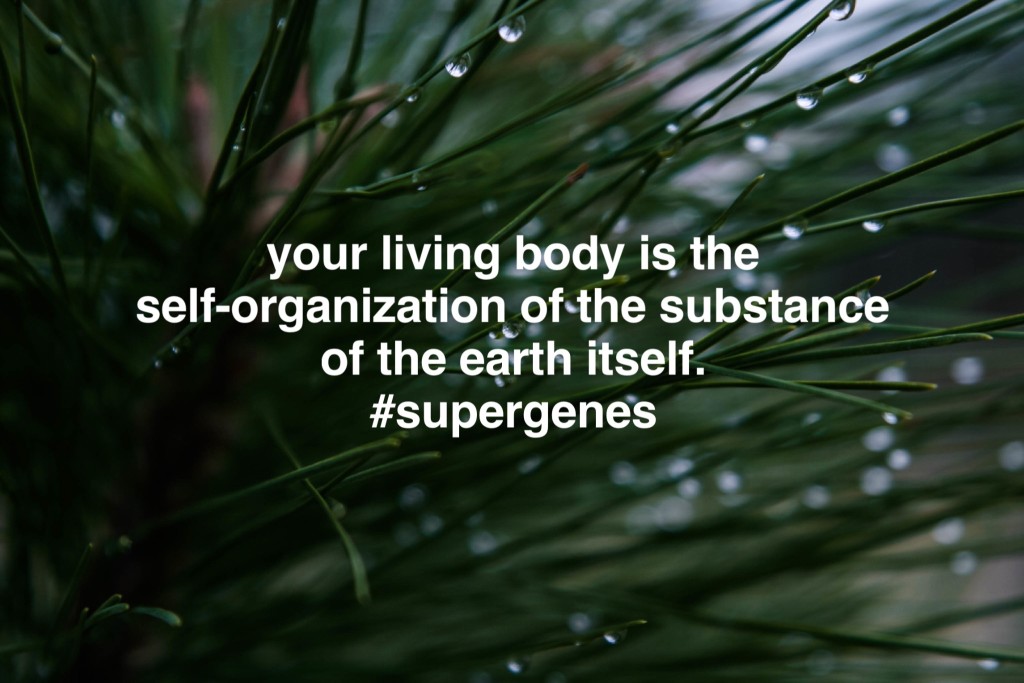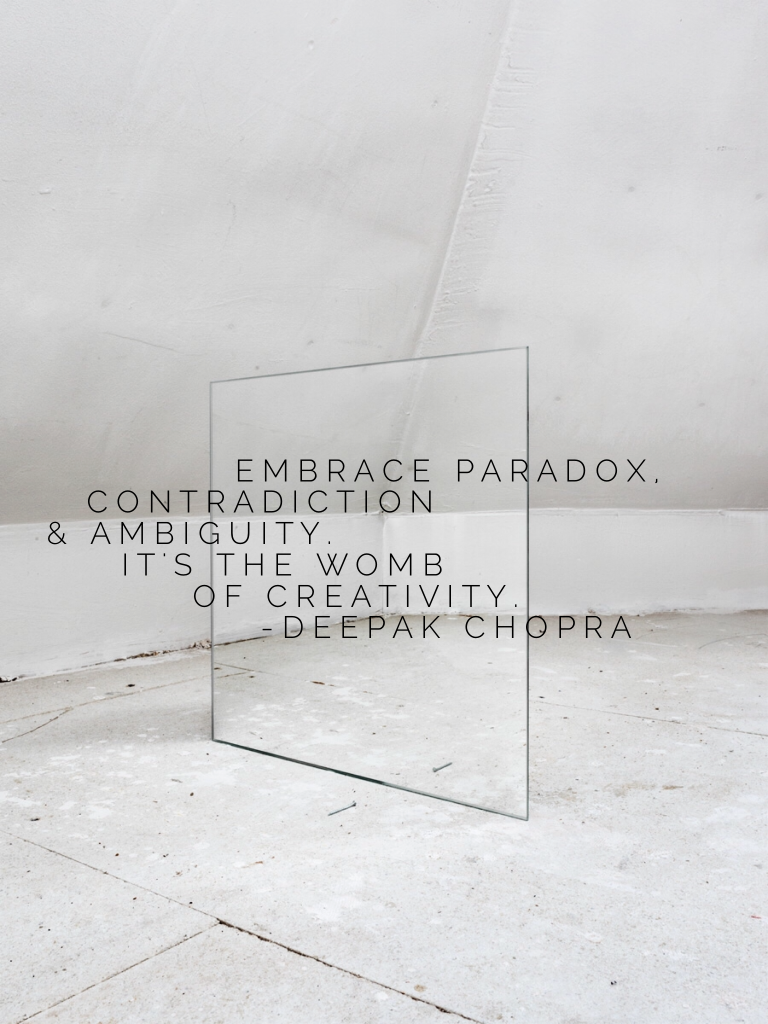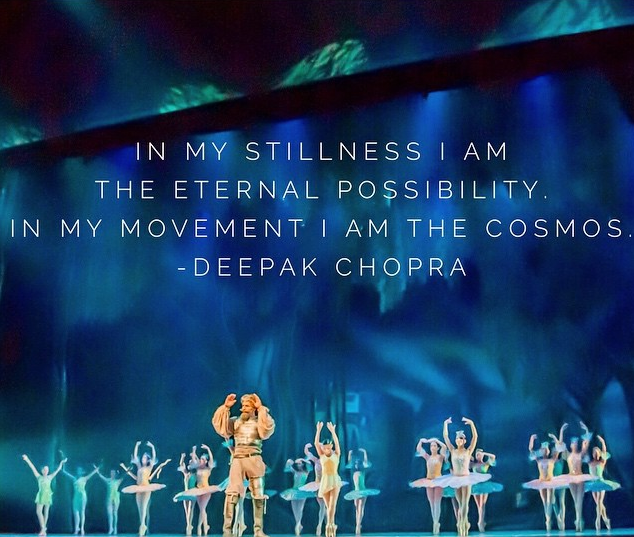By Deepak Chopra, MD, Menas C. Kafatos, PhD, Rudolph E. Tanzi, Ph.D.
When big science gets a major boost, the news goes around the world with an air of celebration. The latest such event was the confirmation of gravitational waves, which were predicted by Einstein in his General Theory of Relativity. As enthusiastically explained by MIT physicist Allan Adams in a recent TED talk , gravitational waves were considered impossible to detect because of their weakness even 25 years ago. But a project named Laser Interferometer Gravitational-Wave Observatory (LIGO) aimed to build a 5 kilometer measuring device calibrated to within 1/1000 of the radius of the nucleus of an atom in order to capture the signals of gravitational waves from cosmic sources using laser technology.

 By Deepak Chopra, MD, Menas Kafatos, PhD, Bernardo Kastrup, PhD, Rudolph Tanzi, PhD
By Deepak Chopra, MD, Menas Kafatos, PhD, Bernardo Kastrup, PhD, Rudolph Tanzi, PhD
 For a very long time, if you wanted to know if something is real or not, the go-to people have been scientists. The rise of rationality over superstition is considered the single greatest achievement of the past three or four centuries. So it’s startling news–as we discussed in the last post–that physics has arrived at a reality crisis. Three great unsolved mysteries remain, and they are the same riddles asked by ancient Greek philosophers: What is the universe made of? Where did the universe come from? How do we know what’s real?
For a very long time, if you wanted to know if something is real or not, the go-to people have been scientists. The rise of rationality over superstition is considered the single greatest achievement of the past three or four centuries. So it’s startling news–as we discussed in the last post–that physics has arrived at a reality crisis. Three great unsolved mysteries remain, and they are the same riddles asked by ancient Greek philosophers: What is the universe made of? Where did the universe come from? How do we know what’s real?